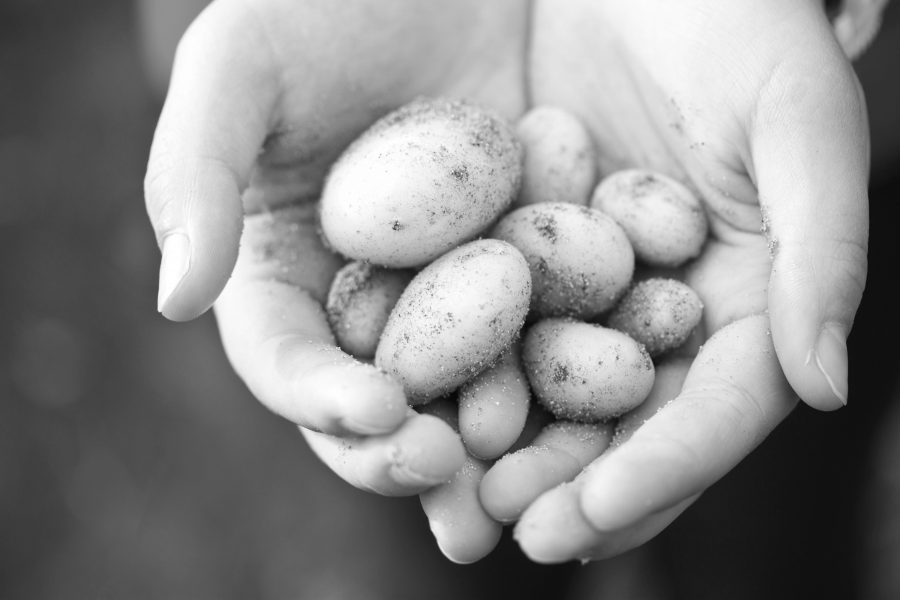As we look forward over the coming year, British agriculture is having to manage uncertainty – much like any other sector. Britain’s departure from the EU is not the only issue. Farms are also having to take on board the full implications of the government’s ‘25-Year Strategy for Food and the Environment’ and its relatively recently published Agriculture Bill.
In that context, I think it’s fair to say the proverbial glass, while certainly not empty, is at present not considered full either – not least because nobody can actually say what a full measure might look like.
Whether it is half full or half empty, though, is hotly contested.
At the recent Oxford Farming Conference, possibly because of the presence of the Secretary of State, farming leaders seemed to lean very much towards half empty. They expressed concerns about cheap food imports not meeting required standards, the issue of exporting to Europe, the withdrawal of farm area payments and ensuring government objectives are as focussed on food production as on environment enhancement.
These are all legitimate concerns, but as I meet up with farmers in their workplace there are many who also see the glass as half full – maybe in certain cases three quarters full!
They see the new government policy statements and changes to our trading relationship with Europe as opportunities. In the UK, we remain far from being self-sufficient in home food production – surely, say the optimists, such changes allow for us to help meet that balance, as well as providing room for innovation and striking deals with new partners around the world. The change in support payments is not necessarily seen as bad. Some are keen to engage with the new environment plan approach, others see that being free of direct support might allow more innovation.
Of course, as said at the start, the future is still uncertain – but in my personal career in managing organisations, has this not always been the case? The key is to meet challenges head on and seek out the opportunities. And I do think there will be many. It is easy to look at the negatives – but a real wind of change, while disturbing things greatly, can also blow a lot of cobwebs away and result in positive outcomes.
As we look forward, the need to ensure food security in our world remains a key challenge. Achieving this in the UK, while balancing environmental protection and social outcomes, will always be tricky – but it provides opportunity.
How does all this impact on farm land values, you might ask? My personal view is that the continued increase in land prices will continue whatever. As is often said: ‘they don’t make land anymore’, and as we build and develop, less and less is available. Farm land value long since lost any direct correlation with farm profitability.
So, as I write these notes at the start of a new year, I guess that I am in the glass-half-full camp. Will I be proved right? It is going to be a lively and full year ahead and I look forward to making comment on it as we progress.







